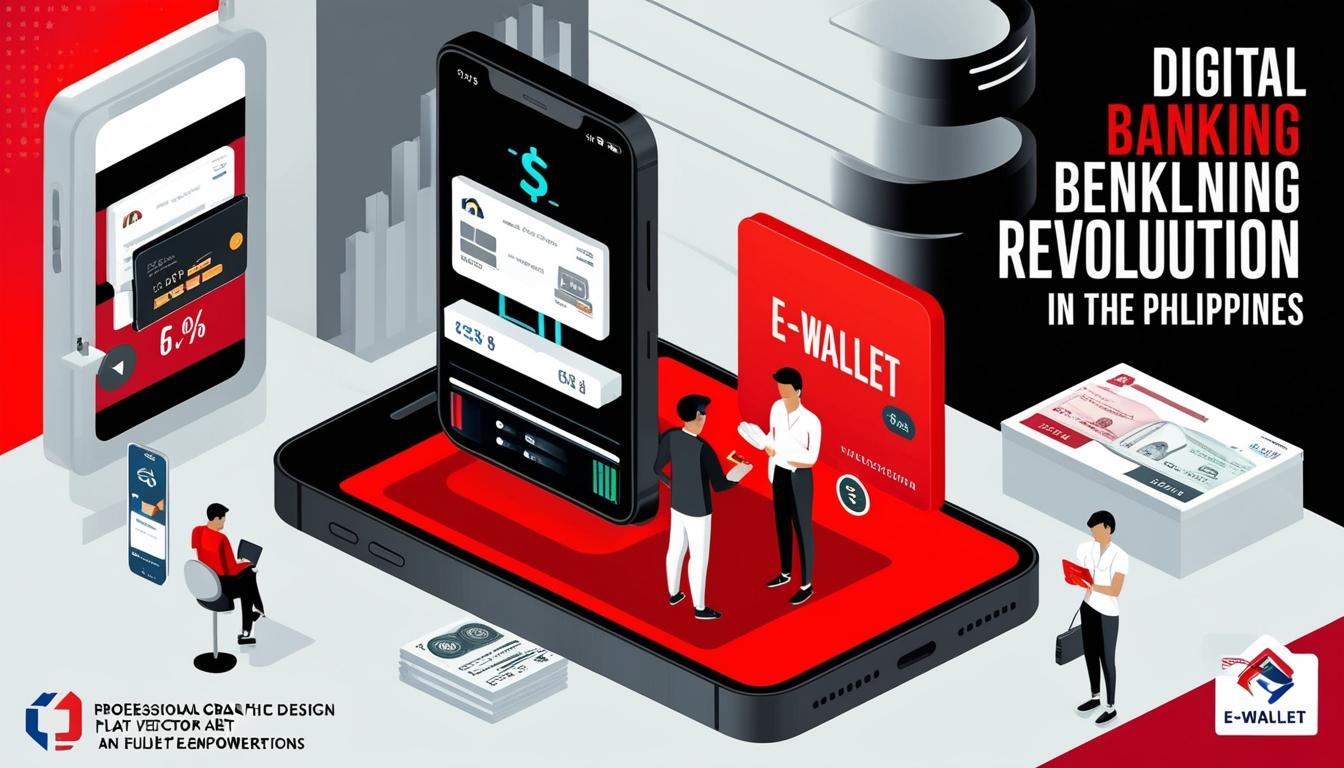As the calendar turns toward 2025, a significant transformation in personal finance is anticipated among Filipinos, driven largely by advancements in digital banking and financial technology. Janice Sabitsana, known as the Pinay Investor and a prominent figure in the realm of personal finance, offered insights on this evolving landscape in an interview with Inquirer.net.
Sabitsana noted that the shift towards digital-first banking solutions is becoming increasingly apparent. “Digital banking and financial technology are revolutionizing how Filipinos handle their finances, bringing convenience, accessibility and innovation to a population long underserved by traditional banking,” she stated. This shift is expected to result in a more substantial embrace of digital banking solutions for everyday financial activities.
Many digital banks are accelerating this trend by appealing to a younger, tech-savvy demographic. They are fostering this change by providing higher interest rates on savings, fewer fees, and 24/7 access to financial services, making such options more attractive to customers. This paradigm shift is manifested daily, as mobile wallets gain prominence in transactions that range from bill payments to online shopping. E-wallets have evolved from mere conveniences into essential financial instruments; they are utilised widely across various sectors, including sari-sari stores, wet markets, and even public transportation systems.
Substantial interest in these technologies has emerged across diverse audience groups, such as students, employees, parents, and retirees. “In many of my financial talks, one of the most frequently requested topics…is digital banking,” Sabitsana remarked. Filipinos are not only exploring these financial tools; they are integrating them extensively into their financial routines, marking a notable shift in consumer behaviour.
The phenomenon of 'genericide'—where brand names become synonymous with their associated actions—has also been observed in this context. Sabitsana explained that as brands become more integrated into everyday life, they may transition into generic terms, similar to how one might use “google” as a verb when searching online.
Government support for digital banking initiatives has also been evident. Projects such as QR Ph aim to facilitate seamless instant payments and broader accessibility to financial services, particularly benefiting micro-entrepreneurs and small businesses.
However, the transition towards this digital financial landscape carries its own set of risks. Issues such as online fraud, phishing scams, and social engineering are on the rise, potentially threatening consumers' safety. Sabitsana emphasised the importance of proactive education and awareness to confront these challenges in 2025. “Both private institutions and government agencies need to intensify their digital literacy campaigns to empower users to recognise and avoid scams,” she advised. Moreover, financial institutions are urged to enhance security measures, including multi-factor authentication and advanced fraud detection systems, to foster consumer trust.
An emerging trend in fintech is the incorporation of financial education into digital platforms. Many applications now offer in-app tools designed to educate users on budgeting, saving, and investing, thereby making financial literacy more accessible to a wider demographic.
In her concluding thoughts, Sabitsana highlighted that the rise of digital banking and fintech signifies a deeper cultural shift in how Filipinos perceive and manage their finances. The ongoing advancements present an opportunity for many to escape the limitations of traditional banking systems, using these technologies as empowering tools for financial management. She emphasised that with continued education and enhanced security measures, digital banking could significantly reshape personal finance in the Philippines, moving towards a more inclusive and secure future for all.
Source: Noah Wire Services
